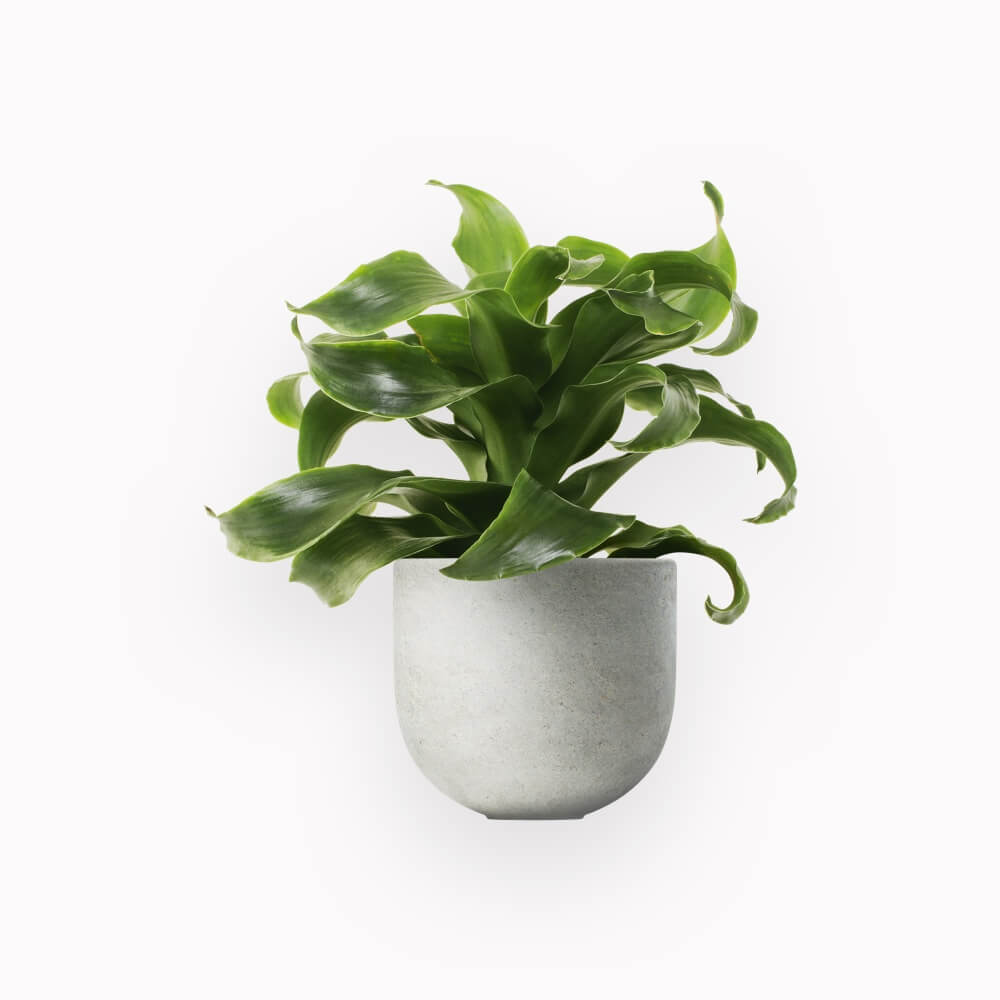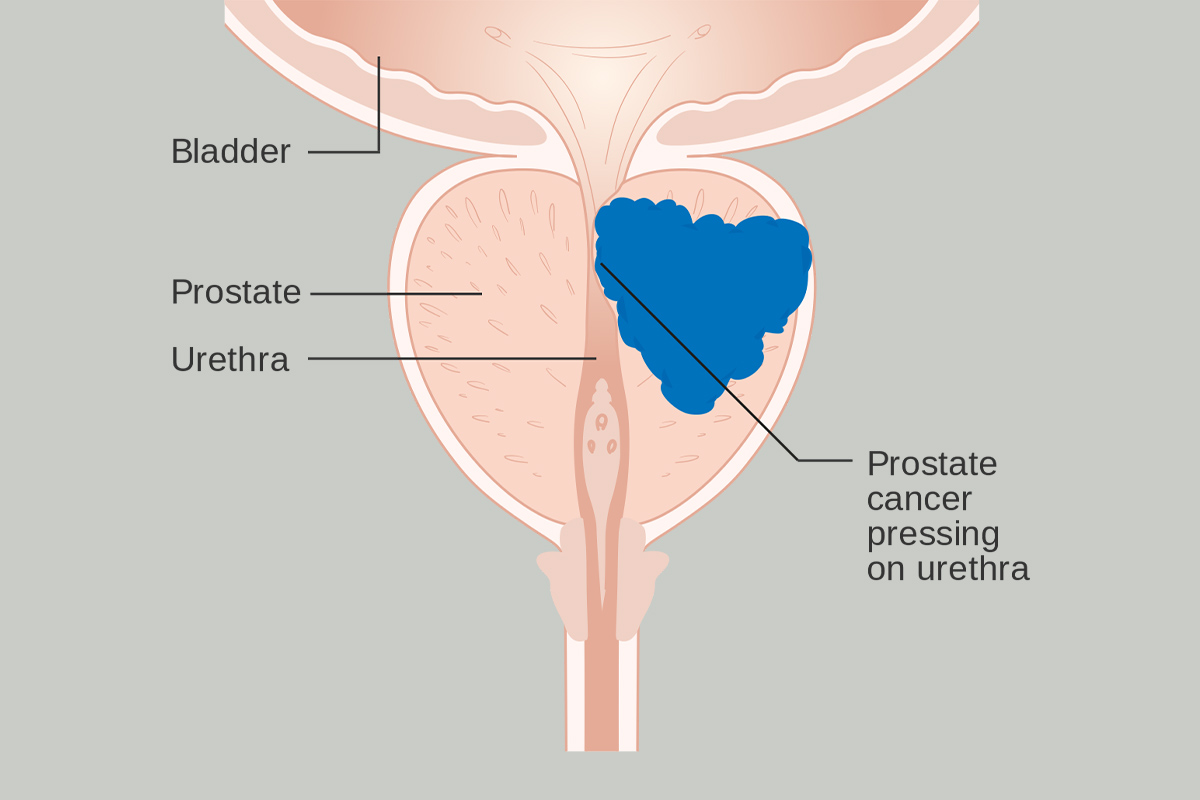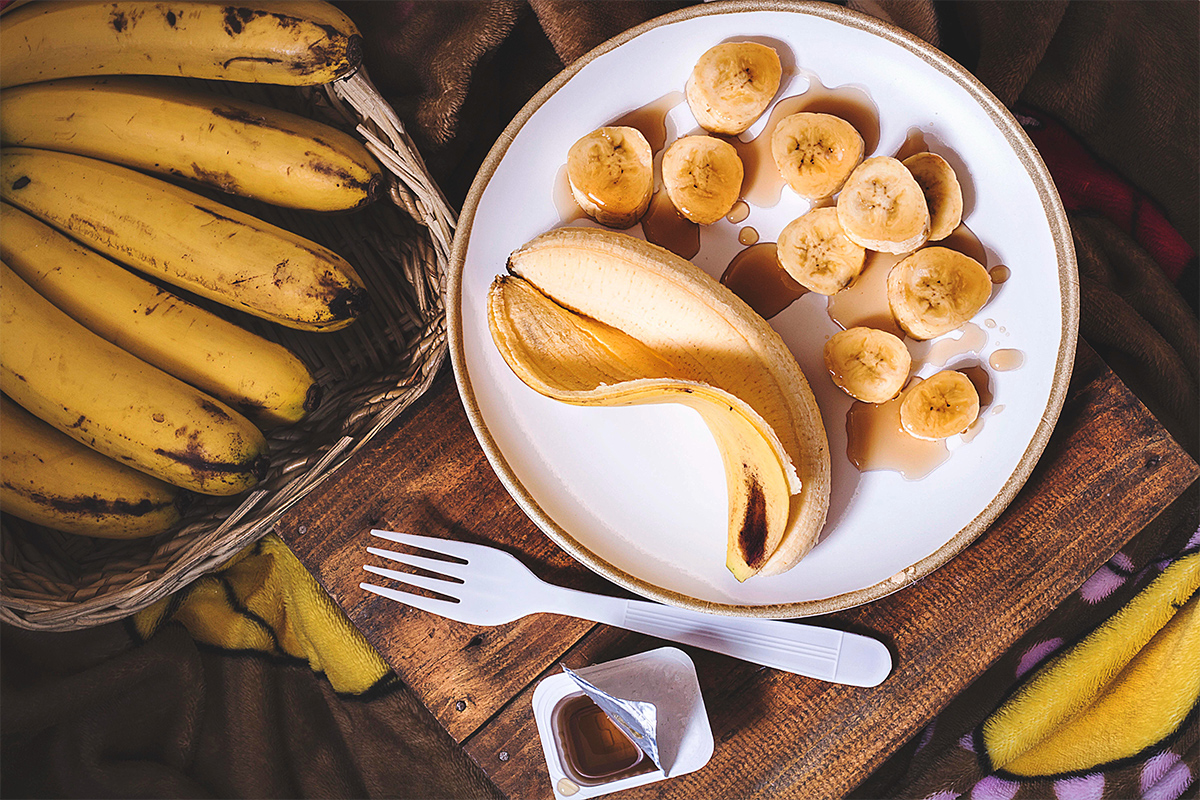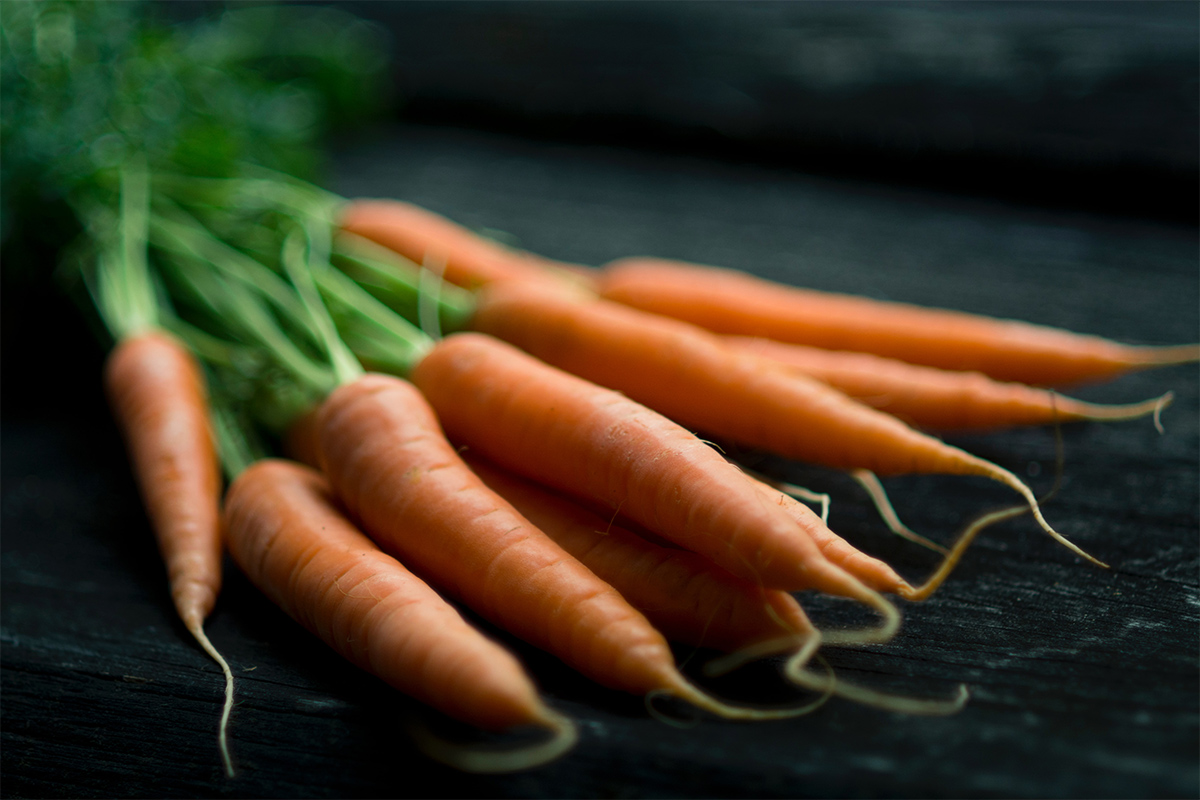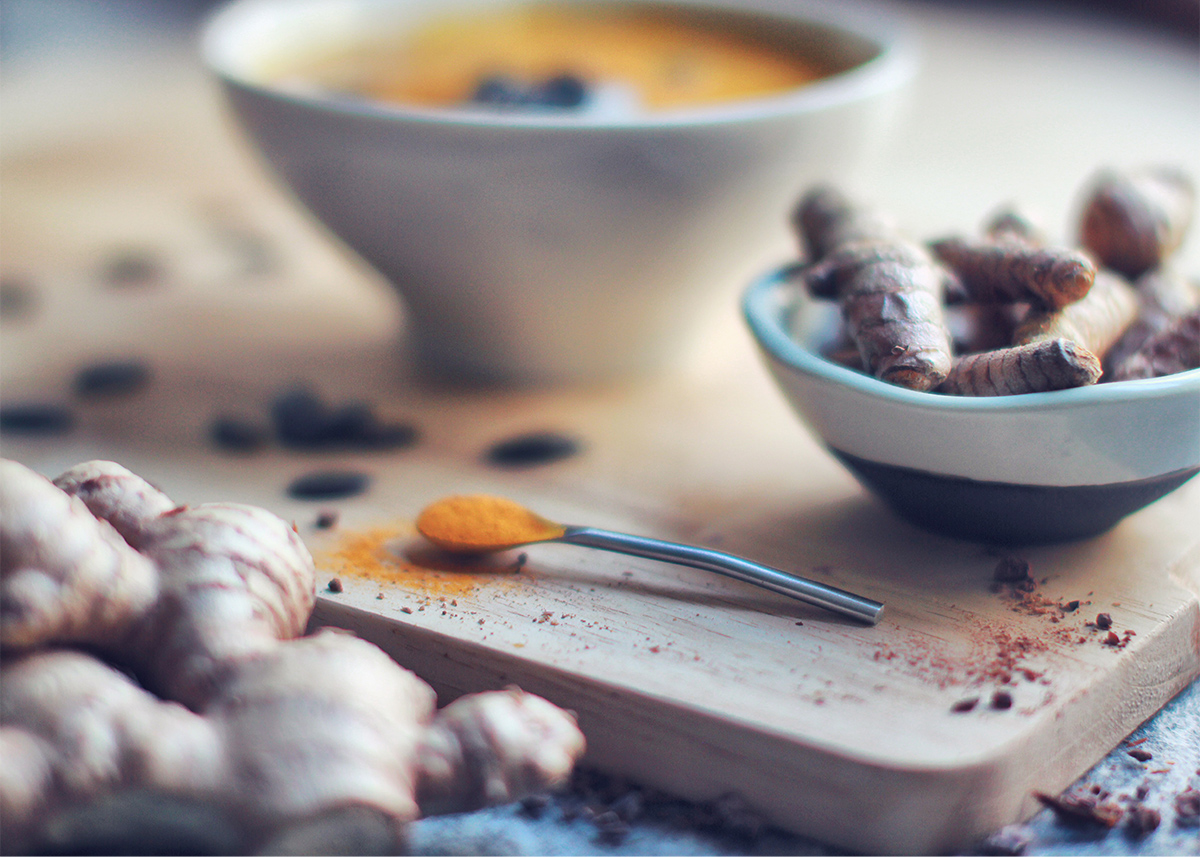Are herbs useful in managing prostate problems? What kind of prostate problems can be handled with herbs? Prostate problems are common among men of over 40 years. Three problems are associated with the prostate. They are Prostatitis, enlarged prostate, and prostate cancer. Prostatitis is an Inflammation of the prostate, sometimes caused by infection. Enlarged prostate, or benign prostatic hypertrophy (BPH), affects virtually all men over 50. BPH is the most common cause of prostate enlargement. As a man ages, BPH becomes more common. About half of all men between the ages of 51 and 60 develop it, and up to 90 per cent of men over age 80 will have it. The third type of prostate problem is Prostate cancer. Most prostate cancer grows slowly and initially stays within the prostate gland, but it can spread to local lymph nodes, bones or more distant areas.
There are many herbal remedies for prostate problems. Since we are in the season of corn, let us begin with corn. The silk from corn has been used for generations as a remedy for the symptoms of prostate enlargement. When fresh corn is in season, cut the silk and spread them to dry in an open, airy place, but not directly under the sun. When corn silk is thoroughly dried, they turned dark brown and can be kept for up to a year. Ensure to store them in a brown paper bag, rather than in a glass container, to allow some air inflow. Add a little of the dried silk to a glass of hot water and allow to infuse for 30 minutes before drinking. It suffices to do this once a day. After a few days, you will notice that your urine flow is freer and regular, without any feeling of retention. Corn silk is especially useful for prostatitis and BPH.
The leaves of pigeon peas are very good for prostatitis and BPH. A woody shrub that reaches only up to 4 m high upon maturity, Pigeon Pea or Cajanus cajan is grown in Nigeria and around West Africa and other tropical climates. It is short-lived and believed to be one of the earliest of cultivated plants. It has deep tap roots hence it can tolerate drought and poor soil conditions. Edible parts of pigeon pea plants are the seeds, seedpods, leaves, and young shoots. Botanically, it is called Cajanus cajan. In Igbo, it is called Fiofio while Yorubas call it Otiili. The plant produces hard peas that are cooked and eaten like other beans. Pictures of many of these useful plants can be found in my new book on ‘Medicinal Plants of Nigeria.’ Unlike other beans, pigeon peas have hard shells which explain why it takes thrice as long time to cook than other beans. Pigeon peas contain high levels of protein and the essential amino acids methionine, lysine, and tryptophan. The leaves are also used for the treatment of coughs, bronchitis, diarrhoea, haemorrhages, sores, and wounds.
Tomatoes are good for management of both benign (non-cancerous) and malignant (Cancerous) tumours. Learn to add more tomatoes to your diet. Studies have shown that as little as four balls of tomatoes, either eaten raw or cooked daily can help men reduce their risk of prostate cancer by half. Ripe tomatoes are full of lycopene, an antioxidant compound that helps fight cancer. Researchers have found that men who consume more than ten tomatoes each week reduce their risk by about 20%.
Cancer experts recommend eating a balanced diet which is high in fruit and vegetables and low in red and processed meat, fat and salt. In fact, do not eat processed meat at all. You can eat goat meat and local chicken. Local chickens are those fowls that move freely in the village or fenced compounds and are fed with corn and natural foods, not with poultry feeds. Men should still eat a wide variety of fruits and vegetables, maintain a healthy weight and stay active.
Watermelon seeds are excellent remedies for prostate problems. Watermelon is rich in vitamins A, B6, C, calcium, magnesium, protein, potassium, niacin and thiamine. However, lycopene, which is also present in tomato, is the most well-known phytonutrient present in watermelon. Watermelon is made up of 92% water, has little or no fat, is low in sodium and also low in calories. Fruits like watermelon allow the human body to function optimally because of the high contents of antioxidants. Antioxidants are excellent protection against cancer, arthritis, diabetes and high blood pressure, while Amino Acids boost the body’s immune system, thereby protecting against all forms of diseases. Lycopene, which is also present in tomatoes, grapefruits, and guava, is beneficial for a healthy heart, healthy bone, and helps to prevent prostate cancer.
Pumpkin seeds are used to treat painful urination that accompanies an enlarged prostate that is not cancerous. The seeds contain diuretic properties and plenty of zinc, which helps repair and build the immune system. The tastiest way to enjoy pumpkin seeds is to eat them plain. Remove the shells and don’t add salt. You can also crush the fresh seeds and soak a tablespoon in a glass of hot water and allow to cool, before drinking.
